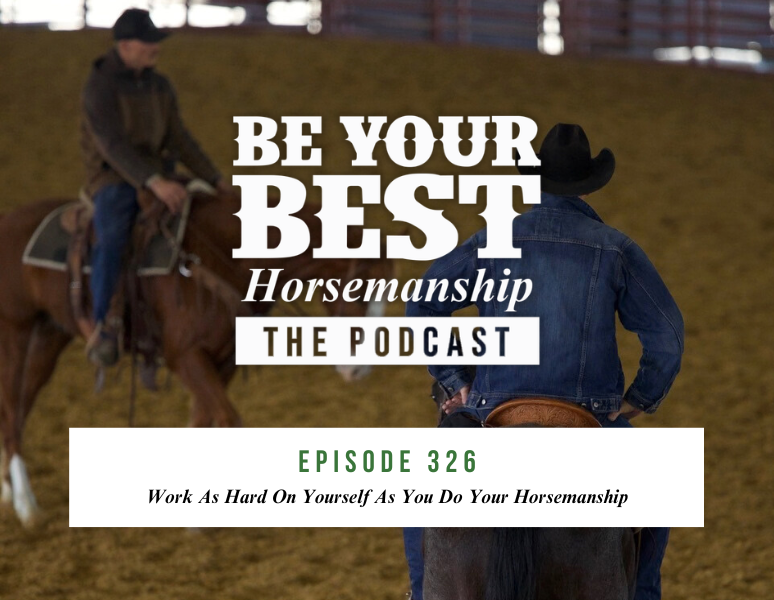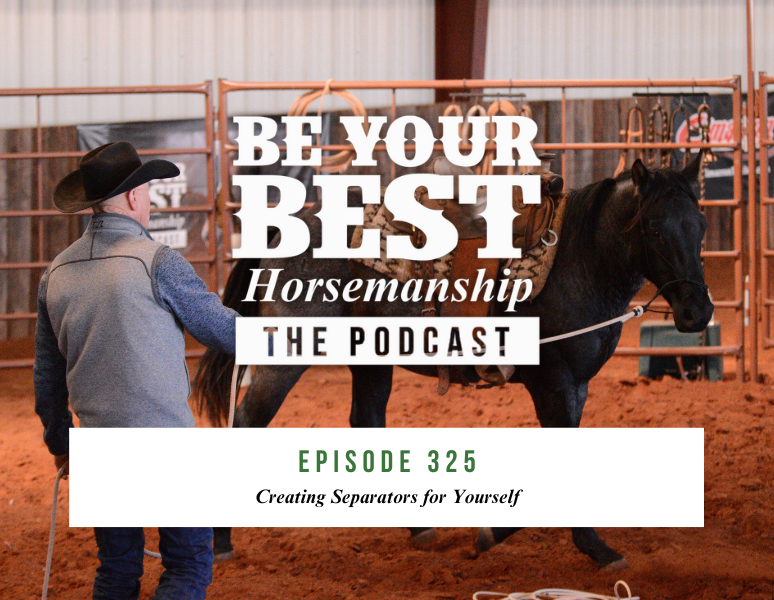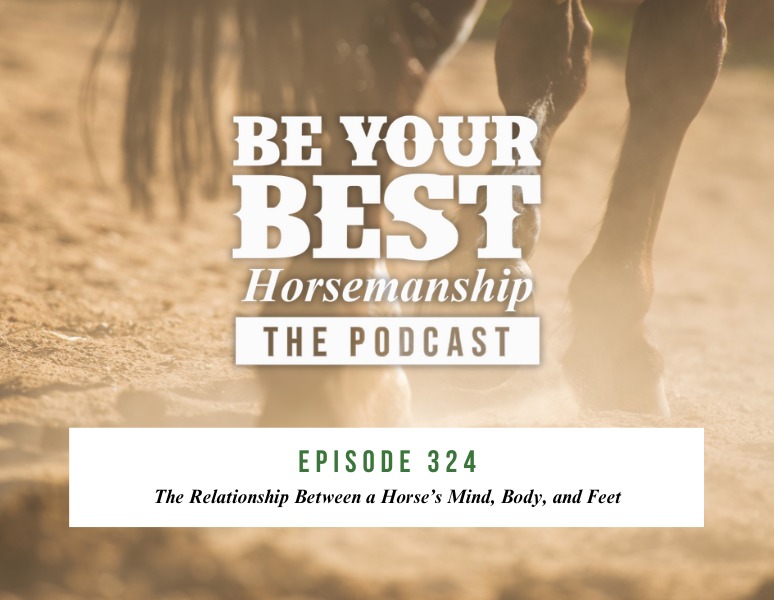Ep 271: The Cost vs. Reward Mentality
As we kick off the new year, I want to share some thoughts that I’ve had on a topic that comes up a lot in my line of work—the cost vs. reward mentality.
Over the years, I’ve received a lot of questions from people asking if I take on free help, internships, or trade work for instruction. And trust me — I totally get it. Early in my career, I didn’t feel like I could spare any extra money to invest in myself, either. I used to seek out the same opportunities—working for free, trading time for lessons, and hoping to learn as much as I could. But here's the reality: when you’re in a position like that, it’s easy to fall into the trap of thinking that just being around a professional will automatically teach you everything you need to know. It’s not quite that simple.
The Reality of Trading Work for Instruction
The fact is, if you go into a situation where you're trading work for instruction, most of the time, you're not going to receive the type of experience you are expecting. I’ve had multiple conversations recently with people who have worked for well-known trainers, only to find themselves cleaning stalls, feeding horses, and doing maintenance work, with very little hands-on training experience. The hard part about this is—that is the kind of help trainers need. They need some extra hands to the help with the day-to-day tasks that keep the business running. So, if your goal is to learn about the day-to-day operations that are required to manage a horse business, that kind of experience is a great opportunity. But, if you’re hoping to learn horsemanship and improve your skills with horses in a meaningful way, it’s often not going to happen in that setup.
The real learning comes when you focus on what’s happening inside the arena—when you’re actively involved in training. I’ve said it before, and I’ll say it again: efficiency is everything. You can’t be wasting time on non-essentials. If you’re going to work for someone, make sure you’re there with the goal of learning everything you can about their operation. Learn how they structure their time, handle clients, manage the business, and train horses. That’s where the true value lies.
Investing in Yourself: The Key to Progress
Now, here’s the thing—if you really want to accelerate your growth as a horseman, you need to make an investment in yourself. I’m not talking about trading hours for instruction; I’m talking about paying for the lessons, clinics, and mentorships that will take you to the next level. I’ve done it throughout my career, and I can tell you that every time I’ve invested in myself, I’ve reaped the rewards—both professionally and personally.
A lot of people hesitate to spend money on themselves because they feel like they’re taking from others or not being wise with their finances. I get that. There was a time when our business was struggling, and every penny had to be stretched. But over time, I’ve learned that investing in your growth is the best way to move forward. Think about it: when you spend money on something that will improve your skills and your business, it’s an investment in your future.
The Real Value of Mentorship and Lessons
For example, one of the first times I invested in myself was when I paid $900 for an advanced horsemanship clinic. Mind you, this was 30+ years ago. At the time, I didn’t have that kind of money to spare, but I knew I needed it. I put it on a credit card (which I don’t recommend doing unless you’re sure it’s going to pay off quickly). But in my case, it was worth every penny. The things I learned in that clinic gave me the confidence to trust my instincts and feel more assured in my program. And that confidence was invaluable.
Here’s what I want to emphasize: when you pay for a lesson or a clinic, you're buying more than just the time with the instructor. You're buying their undivided attention and access to their expertise, their experience, and their guidance. That’s why I always recommend people invest in themselves rather than just doing the “free” route. If you want to learn something, commit to it. When you put your money down, you're more likely to take it seriously and get everything you can out of the experience.
Making the Most of Your Time and Resources
If you're just starting out or if you're at a point where you feel like you’re stuck, don’t be afraid to save up, put away the money you need, and then make an investment in the training you need. Whether it's a two-day clinic or a mentorship, you’ll get way more out of it than if you’re just watching or hoping to pick things up by being around someone who’s already doing the work. You’re investing in your skills, and that’s the only way to grow.
The Real Return on Investment
As I said, it's all about looking at the return instead of the cost. When I spent that $900 on a clinic, I didn’t see it as just money out the door. I saw it as an investment in my future success. Now, looking back, I can say with confidence that that clinic, and others like it, have paid me back many times over in the skills I’ve gained, the confidence I’ve built, and the connections I’ve made.
You’re never going to regret investing in yourself when it comes to learning about horses. That’s your passion. You’ll always get a return on your investment if you approach it with the right mindset and commit to getting better.
The Bigger Picture
One last point I want to leave you with is this: it’s not just about the dollars and cents. It’s about the overall reward of the journey. The skills you gain, the confidence you build, the people you meet, and the way you’re able to change lives—both for the horses and for the people you help—those are the true rewards.
So, if you're starting out or considering where to put your time and money this year, remember that the greatest return comes from investing in yourself, your skills, and your future. Here’s to a great year ahead. Keep moving forward, stay focused, and as always—let’s be our best.




